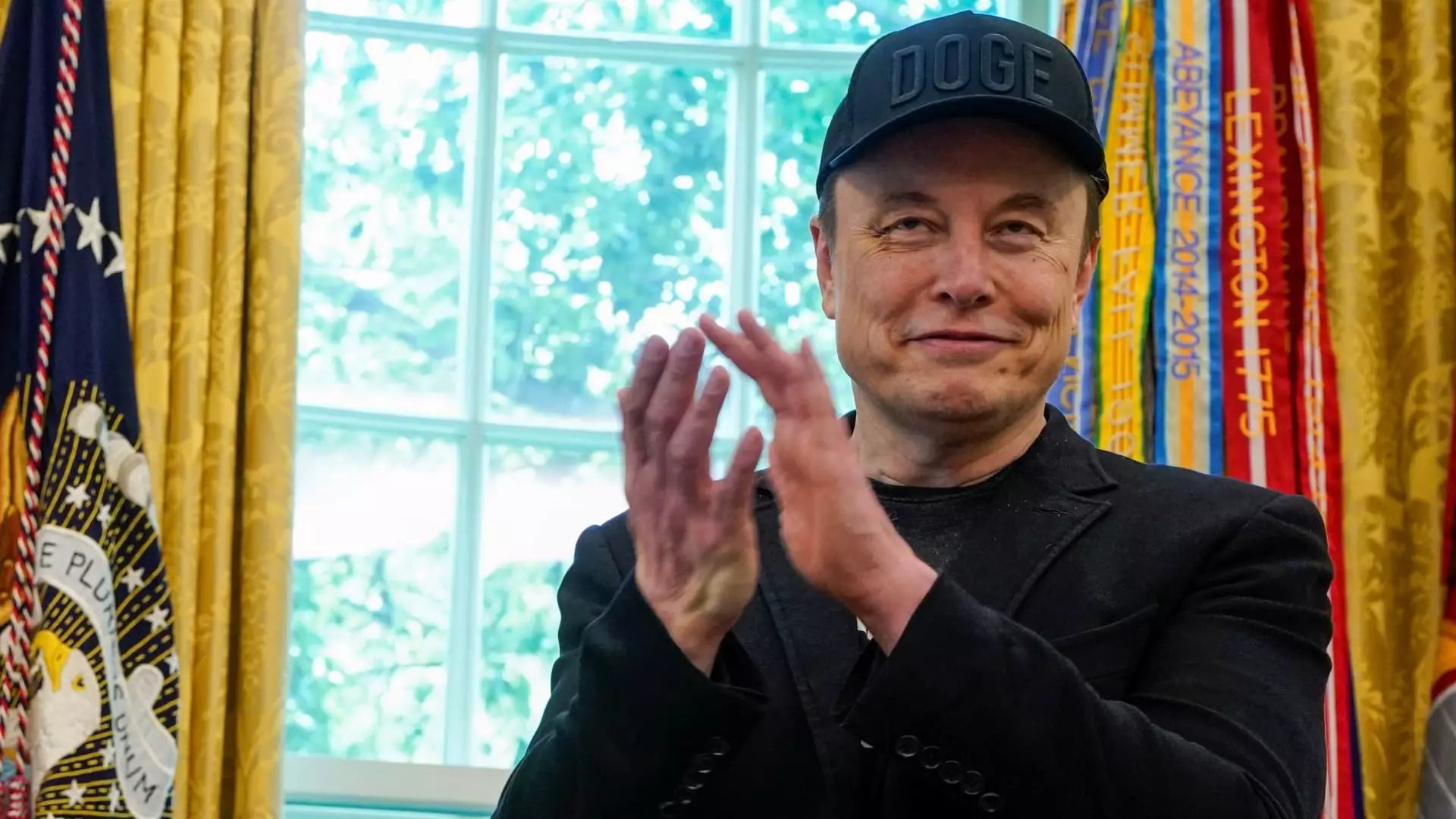Elon Musk’s recent announcement about launching the so-called “America Party” sparks both curiosity and skepticism. While Musk claims this new political entity aims to deliver Americans a “second chance at freedom,” the real motives behind this move remain murky. The billionaire’s history of shifting political allegiances and strategic donations complicates the narrative. Is this truly a grassroots effort to empower disenfranchised voters, or merely a calculated maneuver to bolster his influence and leverage legislative power? The timing suggests more of the latter, especially given Musk’s history of using political pushes to serve his business interests and personal reputation, rather than a genuine desire to reshape the political landscape.
Fragmented Politics or Opportunistic Theatre?
Musk’s focus on targeting a handful of Senate seats and House districts raises questions about whether this party is designed to create instability or to serve as a pivot point for broader political change. The idea that a small, independent caucus could sway major legislation sounds promising in theory but hinges on plenty of assumptions. With the current polarized climate, establishing a new party may only deepen divides, creating alternatives that serve more as spoilers than true solutions. Moreover, Musk’s vague registration plans and ambiguous legislative negotiations reflect an inconsistency that undermines credibility. If this party is serious about governance, why not align transparently with existing structures rather than operate in shadows and speculation?
Power, Influence, and the Illusion of Independence
Musk’s role as a major donor and influencer positions him as a kingmaker rather than an impartial reformer. His prior support predominantly leaned toward Republican candidates, especially Trump, despite recent public disagreements. His assertion that the “America Party” will caucus independently—and seek cooperation with both parties—sounds idealistic, yet it may be more aspirational than practical. Without a clear platform or organizational backing, this effort risks becoming a symbolic gesture rather than a real political force. Musk’s vast financial resources could be a double-edged sword; used wisely, they could foster meaningful change, but if exploited for personal power, it could deepen the cynical distrust many Americans feel toward their political system.
A Middle-Path Amidst Extremes or a Distraction?
Center-leaning liberalism often champions pragmatic solutions and compromise—values seemingly at odds with Musk’s unpredictable maneuvers. His move to stir up the political landscape by creating this new party might be interpreted as an attempt to bridge extreme partisan divides, or it could be just another distraction from pressing legislative issues. This effort complicates the delicate balance required for effective governance, especially when the leaders of tomorrow might be swayed more by fame and fortune than by policy integrity. Instead of fostering constructive dialogue, Musk’s strategy could serve to muddle political clarity and prolong divisions that hinder real progress.
It’s easy to dismiss Musk’s “America Party” as a superficial stunt—a distraction crafted to elevate his influence rather than a genuine effort to reform. Nevertheless, the concept raises valid questions about the need for centrist politics that prioritize common sense and pragmatic cooperation over polarization and chaos. Whether this move will spark meaningful change or simply add another layer of spectacle remains to be seen, but what’s clear is that the real challenge lies in resisting the allure of populist spectacle and pushing for integrity, transparency, and collaboration in the political process.


Leave a Reply